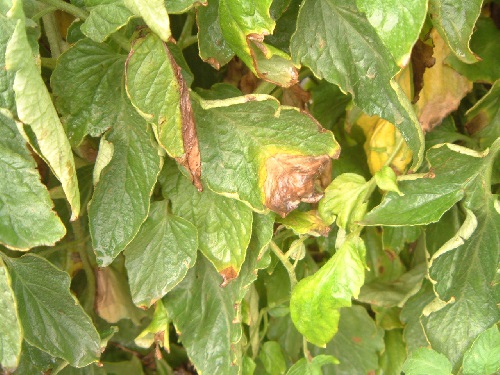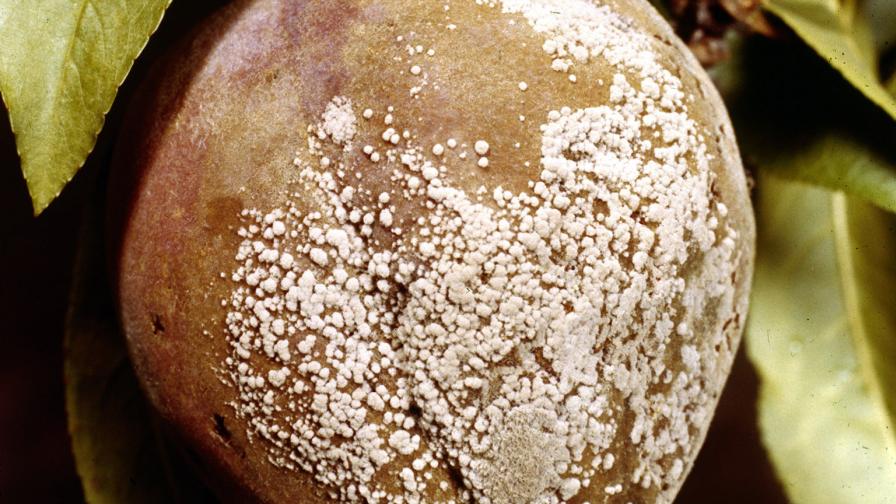Scientists Look Deep To Help More Crops Beat the Heat
All around the world, high-temperature records continue to fall. Climate change is impacting the way we live and how we grow our crops. Researchers at the University of Florida are seeking ways to develop crops that can take the stress of more extreme heat. Plant genetics are paving the way to solutions.
A new study identifies genes that might help plants cope with high-temperature stress, says Bala Rathinasabapathi, senior author of the study and a Professor in the UF/IFAS Horticultural Sciences Department. “Our program has been studying how plants respond to high temperature stress and designing new ways to improve the tolerance levels of crops,” he says. “When we placed plants under controlled conditions and increased the temperatures, we noticed that young leaves were affected much less than older leaves. We rationalized that if we could identify the genes that are involved in young leaves’ tolerance to high temperature stress, it will provide testable ideas to improve heat stress tolerance of crops.”
In the experiment, researchers tested how the plant Arabidopsis thaliana changes its gene expression in response to extreme heat. Arabidopsis is often used in the plant sciences because it grows relatively quickly and its genetics are well understood, making it a good candidate for experiments, according to UF/IFAS.
Scientists exposed some Arabidopsis plants to high heat — 107.6°F — while others were placed in more typical non-stress conditions. After one hour under high heat, the researchers took samples of the plants’ young and old leaves and repeated the process again after 10 hours. The scientists then analyzed gene expression patterns in young and old leaves.
By sampling at different times, the researchers were able to see how gene expression progressed in the young leaves compared with older leaves. They also compared those patterns to those in plants not exposed to heat.
Gene expression occurs when a specific portion of DNA is activated in a specific part of that organism under specific conditions, Rathinasabapathi explains.
“The current study provided us lists of specific genes that may have functions in heat stress tolerance in plants,” he says. “In the future, we will aim to test those genes for their potential connections to heat stress tolerance in plants and even use them in breeding strategies.”
To learn more, check out the recently published study in detail at the AoB Plants website.









